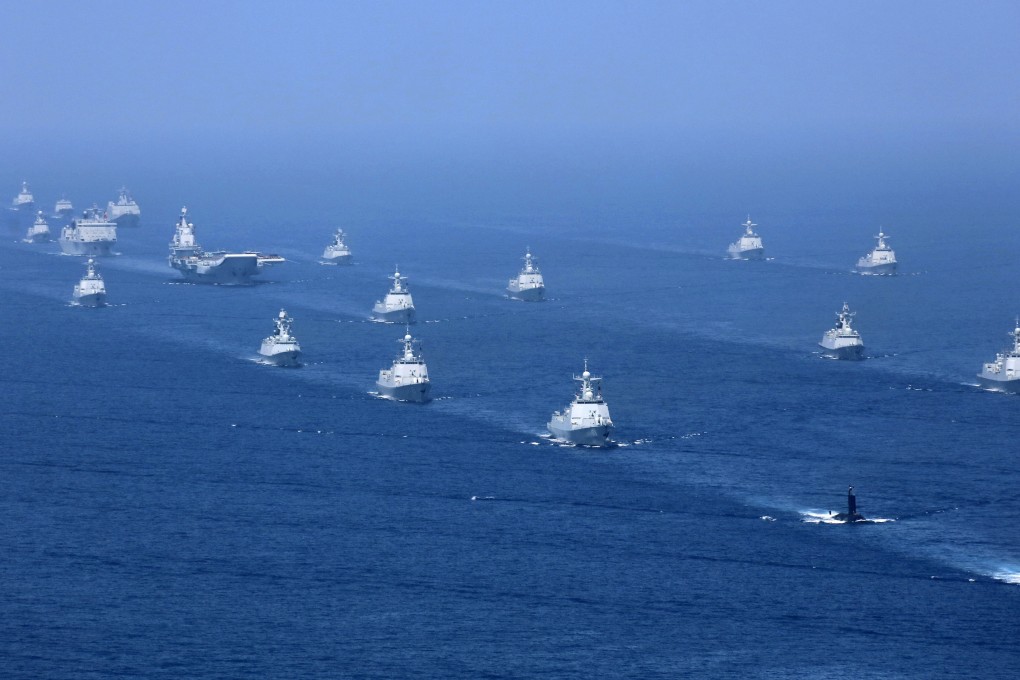Advertisement
Wang Yi says South China Sea not a ‘fighting arena’ for great power games
- Chinese foreign minister calls on Southeast Asian countries to resist involvement of ‘certain external powers’ in regional disputes
- The remarks come as military tensions with the US and its allies grow over naval exercises in the area
Reading Time:2 minutes
Why you can trust SCMP
47

Beijing has said the South China Sea is not a “fighting arena” for great power games and called on Southeast Asian countries to jointly resist the involvement of external powers in disputes.
Chinese Foreign Minister Wang Yi on Monday said issues in the South China Sea must be handled properly by countries in the region, which must not be a “hunting ground” for outside nations.
He made the comments during a video conference to mark the 20th anniversary of the signing of the Declaration on the Conduct of Parties in the South China Sea (DOC), a guideline for China and the Association of Southeast Asian Nations (Asean) on handling South China Sea disputes.
Wang accused “some certain external powers” of “deliberately expanding conflicts and provoking tensions, jeopardising the legitimate rights and interests of coastal countries and the normal order of the sea”.
Advertisement
“To that, China and Asean countries should make our positions clear: if you come for peace and cooperation, we welcome you; if you come for disruption and destruction, please leave!” Wang said.
Wang’s remarks came as military tensions in the South China Sea, one of the world’s busiest waterways, continued to grow between China and the US and its allies.
Advertisement
Beijing has claimed most of the waters, while Taipei and Asean members Brunei, Malaysia, the Philippines and Vietnam all have overlapping claims. Mainland China has significantly strengthened its control of the region over the last two decades despite an international court’s ruling against it.
Advertisement
Select Voice
Select Speed
1.00x